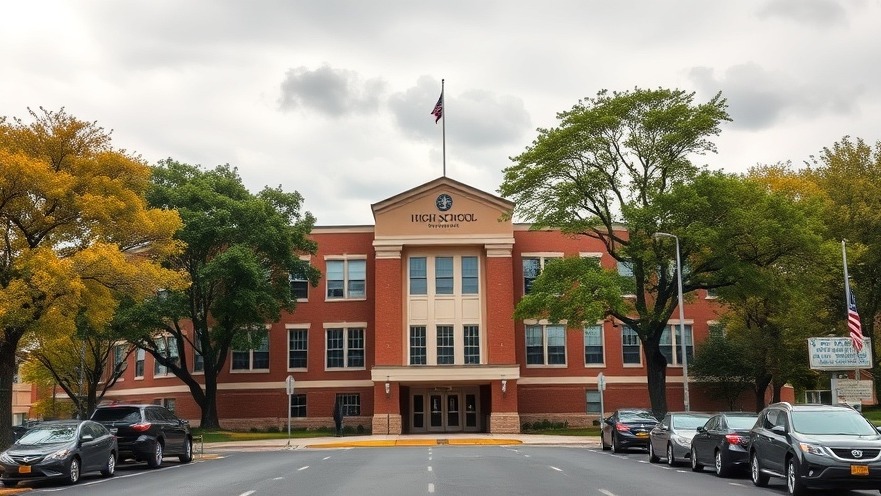
The Shadowy World of Vote Harvesting in Texas
This week, Texas has been rocked by a major political scandal as a grand jury indicted nine individuals, including a former chair of the Bexar County Democratic Party, for alleged vote harvesting. This case, led by Texas Attorney General Ken Paxton, highlights the controversial nature of voter outreach efforts in the state, particularly within the Latino community.
Understanding Vote Harvesting: Facts and Controversies
Vote harvesting is the practice where individuals collect and submit ballots on behalf of others, often aimed at increasing voter turnout. However, critics argue that it can lead to fraud and manipulation, which is why it has become a flashpoint in Texas politics. Attorney General Paxton's aggressive stance against vote harvesting has drawn both support and ire, serving as a battleground for broader issues concerning voting rights and legislative integrity.
After a series of indictments over the past months, including six earlier charges against local officials in Frio County, community leaders have expressed outrage. Many view these actions as politically motivated attacks targeting Latino Democrats, who have historically faced challenges in mobilizing their voters.
Political Implications of the Indictments
The indictments have sparked wider concerns about voting rights and the political landscape in Texas. With elections approaching in 2025, the ramifications of these scenarios could drastically alter voter participation rates, particularly among marginalized communities. Some experts protest that such investigations may deter individuals from voting altogether. "It's chilling for people," said attorney Don Flanary, defending one of the indicted candidates. The fear is palpable – could community engagement in the electoral process be stifled by the state’s increasingly fierce scrutiny?
Legal Battles: A Looming Court Case
The ongoing legal battles over vote harvesting may reach critical mass in the courts. Following a controversial ruling by a federal judge deeming some aspects of Texas' laws on voter outreach unconstitutional, the New Orleans Fifth Circuit Court swiftly overturned this decision. This back-and-forth signals an ongoing struggle over the interpretation of voting laws in Texas, raising questions about constitutional rights and lawmakers' authority to regulate electoral practices. These ongoing legal tussles are pivotal—whatever the outcome may foretell long-term impacts on Texas elections.
The Broader Reactions and Future Predictions
As the situation continues to develop, reactions among lawmakers and community leaders are mixed. Some Texas Democrats are calling on the U.S. Department of Justice to review these indictments, arguing that they represent a systemic violation of voting rights. Meanwhile, Texas Republicans insist their efforts aim to ensure election integrity. Observers predict that the outcome of these trials will set precedents for future electoral policies, potentially reshaping voting practices in Texas for years to come.
Conclusion: A Call to Engage with Current Events
The stark divide surrounding voting practices in Texas underscores the importance of involvement in the democratic process. As the political climate grows increasingly contentious, Texas residents are reminded of the need to stay informed about both state news and national policy changes. As Texas continues to grapple with complex issues surrounding voter integrity, now is a critical time for constituents to engage in discussions about democracy, representation, and their local political landscape. Understanding these dynamics can empower individuals to make informed decisions in upcoming elections.
 Add Element
Add Element  Add Row
Add Row 



 Add Row
Add Row  Add
Add 


Write A Comment